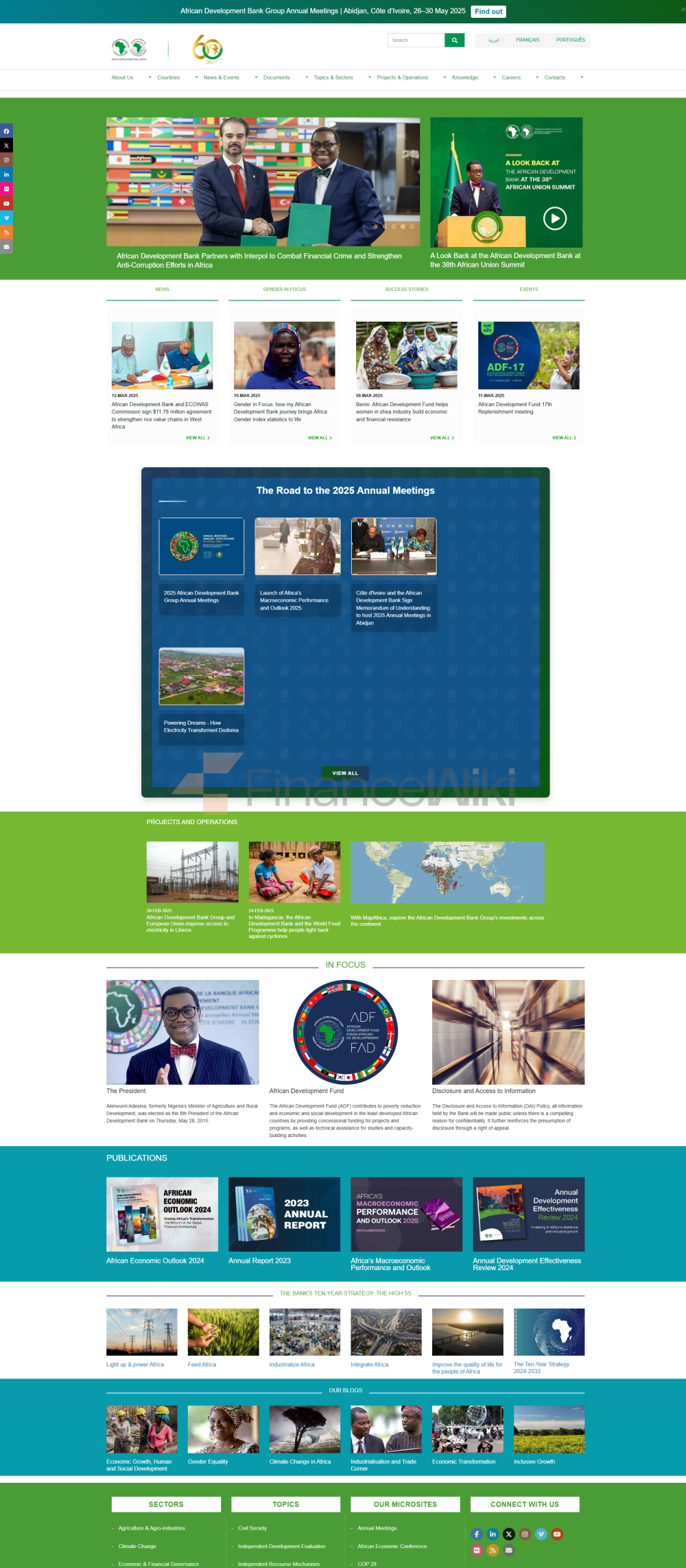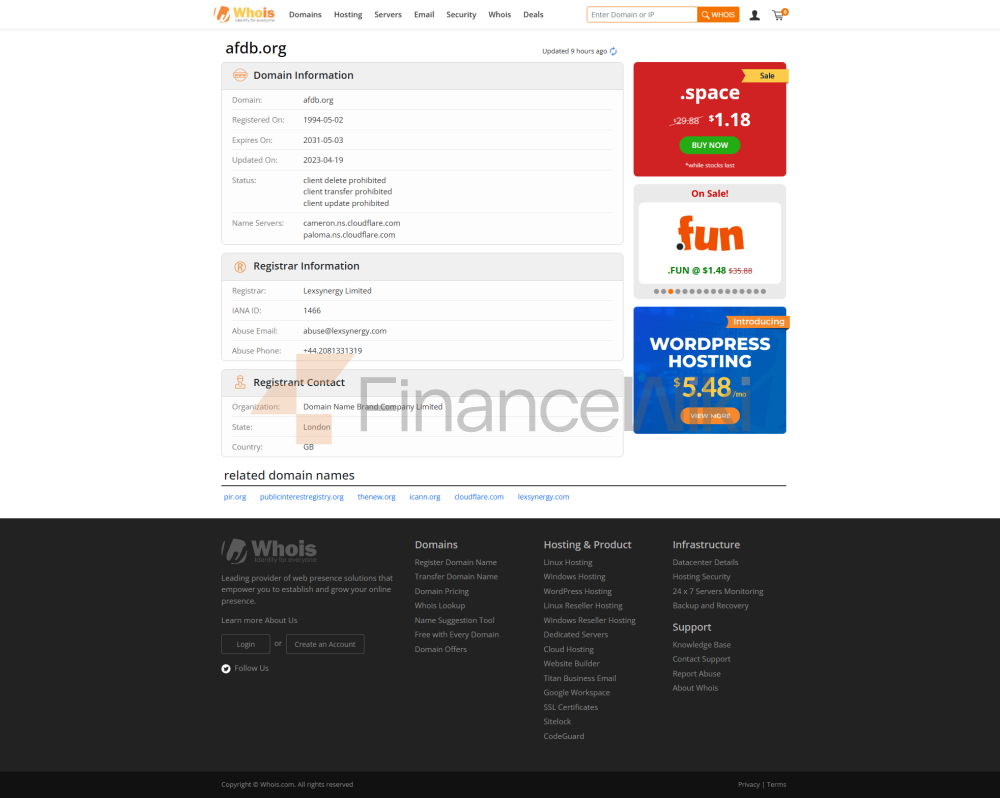0

แอคทีฟ
AfDB
การรับรองอย่างเป็นทางการ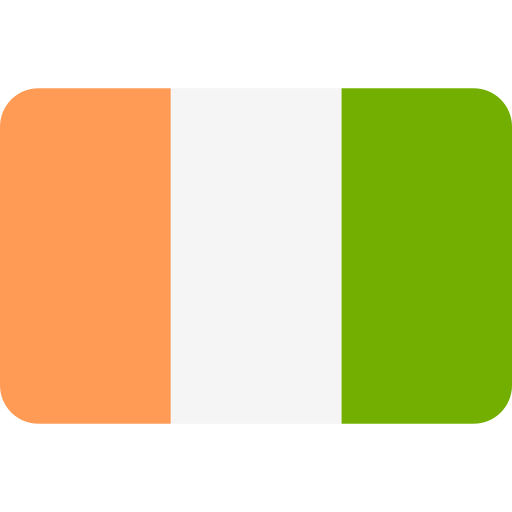 ไอวอรี่โคสต์
ไอวอรี่โคสต์20 ปี
เว็บไซต์อย่างเป็นทางการ
อัปเดตที่ 2024-11-07 17:26:54
คะแนนองค์กรปัจจุบัน
5.00
การจัดอันดับอุตสาหกรรม
ข้อมูลพื้นฐาน
ชื่อเต็มขององค์กร
African Development Bank
ประเทศ
ไอวอรี่โคสต์
การจำแนกประเภทธุรกิจ
เวลาลงทะเบียน
1964
สถานะธุรกิจ
แอคทีฟ
ข้อมูลการกำกับดูแล
การประเมินองค์กร/การเปิดรับ
เขียนรีวิว/การเปิดรับ
5.00
0การประเมินผล/
0การเปิดรับ
เขียนรีวิว/การเปิดรับ
AfDB แนะนำองค์กร
AfDB ความปลอดภัยขององค์กร
https://www.afdb.org/en
AfDB Q&A
ถามคำถาม
สื่อสังคมออนไลน์




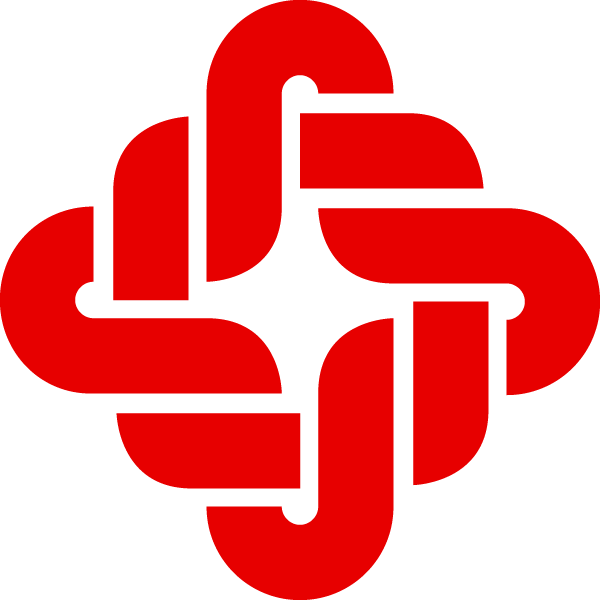
Far Eastern Int'l BankFar Eastern
แอคทีฟ

Standard Chartered Bank (Hong Kong) LimitedStandard Chartered Bank
แอคทีฟ

The Hongkong and Shanghai Banking Corporation LimitedHSBC
แอคทีฟ
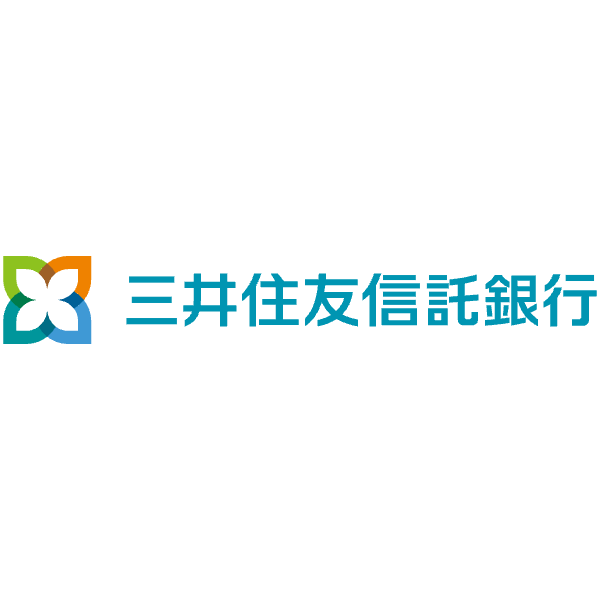
Sumitomo Mitsui Trust Bank, Ltd.Sumitomo Mitsui Trust Bank
แอคทีฟ
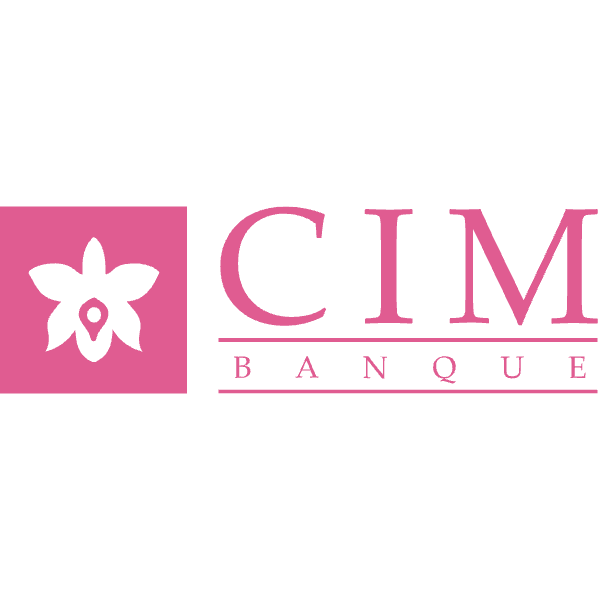
CIM Bank CIM Bank
แอคทีฟ
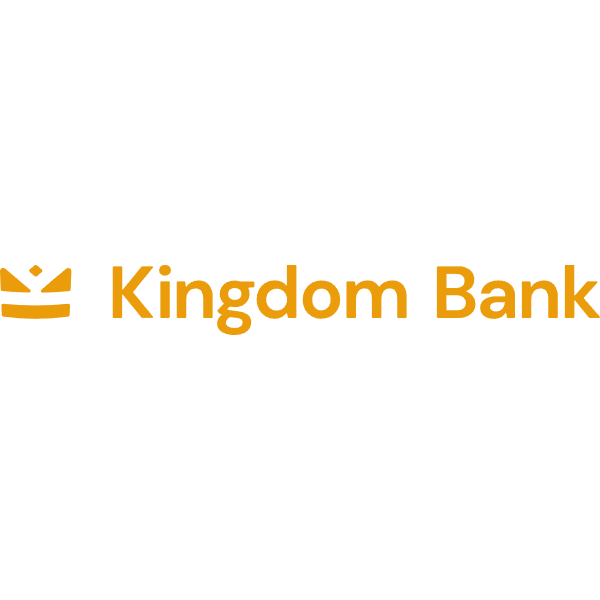
The Kingdom Bank The Kingdom Bank
แอคทีฟ
ข้อมูลข่าวสาร
เคล็ดลับความเสี่ยง
Finance.Wiki เตือนคุณว่าข้อมูลที่มีอยู่ในเว็บไซต์นี้อาจไม่ใช่ข้อมูลแบบเรียลไทม์หรือแม่นยำ ข้อมูลและราคาบนเว็บไซต์นี้ไม่จำเป็นต้องมาจากตลาดหรือการแลกเปลี่ยน แต่อาจได้มาจากผู้ดูแลสภาพคล่อง ดังนั้นราคาจึงอาจไม่ถูกต้องและอาจแตกต่างจากแนวโน้มราคาตลาดที่เกิดขึ้นจริง กล่าวคือ ราคาเป็นเพียงราคาบ่งชี้ซึ่งสะท้อนถึงแนวโน้มของตลาด และไม่ควรใช้เพื่อจุดประสงค์ทางการค้า Finance.Wiki และผู้ให้บริการข้อมูลที่มีอยู่ในเว็บไซต์นี้ไม่รับผิดชอบต่อความสูญเสียใด ๆ ที่เกิดจากพฤติกรรมการซื้อขายของคุณหรือการพึ่งพาข้อมูลที่มีอยู่ในเว็บไซต์นี้
